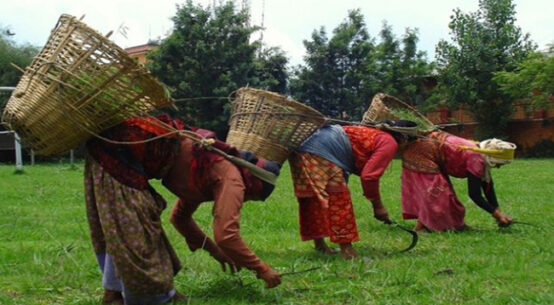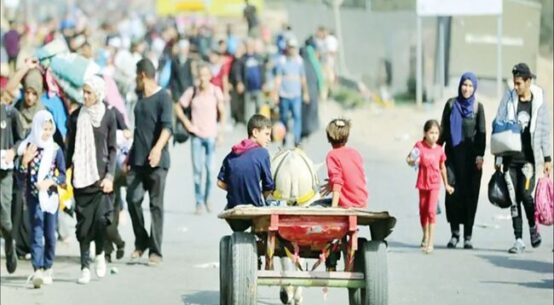
Investing in inclusion requires more than electing and initiating women leaders. It requires a coordinated effort to change mindsets and systematically increase investments. This will allow feminist leaders, individually and collectively, to fully exercise their agency and counter targeted attacks on their safety and legitimacy.
A great deal of attention has been paid to the accomplishments of women in politics and society in recent years. Joan Carling, Francia Marquez, Maria Ressa, Amira Osman Hamed, and Narges Mohammadi have received global accolades for their vision and fearless activism.
Amid the pandemic, women leaders like Jacinda Ardern, Sanna Marin, Tsai Ing-Wen, and Angela Merkel outpaced their strongman counterparts by leading complex responses. During this period, the UN achieved gender parity in its senior leadership, including its national missions and peace operations, for the first time in history.
The leadership of women has been visible not just in institutions but also on the streets. Across the world, women human rights defenders have acted boldly for change despite severe restrictions. Movements such as #MeToo, #FreeSaudiWomen, #NiUnaMenos and #AbortoLegalYa are examples of women advancing systemic change for equality and justice. Women led peaceful demonstrations and civil disobedience actions as part of the Sudan uprising in 2018.
In 2022, the killing of Mahsa Amini sparked a large-scale and intersectional uprising for democracy. Across borders, Iranians demonstrated for ‘Women, Life, Freedom.’ They hit home the point our societies are incomplete if women are denied the right to participate in political, economic, and societal activities fully.
While the United States made headlines with its Supreme Court ruling restricting abortion rights in 2022, other countries like Ireland, San Marino, Colombia, and Mexico have turned the tide. They legalized abortion following years of struggling for their right to choose.
An uphill battle
Despite these achievements, there has been no respite in the attacks targeting women’s rights and their leadership. Civic space has never been worse since the launch of CIVICUS Monitor in 2018. 118 countries now face serious civic space restrictions. Only 2.1 percent of the world’s population lives in countries with open civic space. Intimidation, protest disruption, and detentions of protesters were the top violations documented in 2023.
These repressive strategies are extensively used to push back against women’s and LGBTQI+ people’s rights. Gender and sexuality remain at the centre of a culture war waged by a well-organised and funded international network of anti-rights forces leveraging these issues for political advantage.


